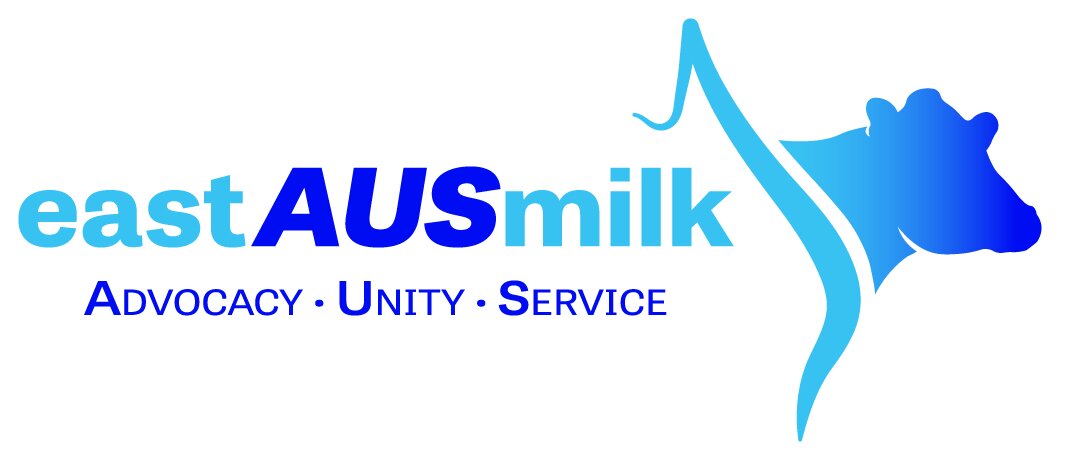Methane emissions - part of a bigger whole
The Australian dairy industry comprises a dairy herd of over 1.4 million cows, a workforce of over 43,000 and farm gate production valued at $4.8 billion.
In its 2021 report 'economic and broader contribution of the Australian dairy processing industry', Deloittes also estimated that dairy processors generate $15.7 billion in sales and support 70,000 full-time equivalent jobs.
The contribution of Australian dairy to the economic well-being of the nation is unquestioned.
The recent announcement by the New Zealand government to impose a 'fart tax' on livestock from 2025 may result in NZ beef and sheep production falling by 15% to 20%, with dairy declining by 5%.
NZ farmers have reacted by marching in the streets against this decision by their government.
Australian farmers were justly concerned.
Federal Minister for Agriculture Murray Watt consulted with peak agricultural bodies regarding Australia becoming a signatory to the global methane pledge to seek the aspirational collective non-binding goal, with 122 other countries, of reducing methane emissions by 30% by 2030.
Minister Watt stated that "the pledge does not require reduced herd sizes and (the government) will not legislate taxes or levies to reduce livestock emissions".
Peak bodies welcomed the Minister's pledge.
CEO of the Cattle Council, John McGoverine, stated that "millions in cattle levies have been invested in new feed additives that significantly reduce methane emissions including asparagopsis, or pink seaweed, which can cut emissions by more than 90%".
Australian dairy has also committed to reducing methane emissions.
Dairy Australia supports a 5 pronged approach on emission levels, including boosting diet quality; genetic improvement within cows; availability of better feeding for cows; improving a farmer's herd fertility and perfecting pastures.
Australian dairy farms are declining already. Any 'fart tax' would substantially increase the decline and any tax would be opposed by agricultural industry bodies.
Farmers need to be provided with incentives to reduce methane emissions not penalties as in New Zealand.
Rather government must improve resourcing for RD&E to find better ways to reduce emissions across all industry sectors, not just agriculture.
While the government's pledge is only an aspirational goal, it needs to be remembered that Australian food security and our economy depends on a strong agricultural sector. This should not be forgotten in future discussions.
Shaughn Morgan Co-CEO eastAUSmilk

